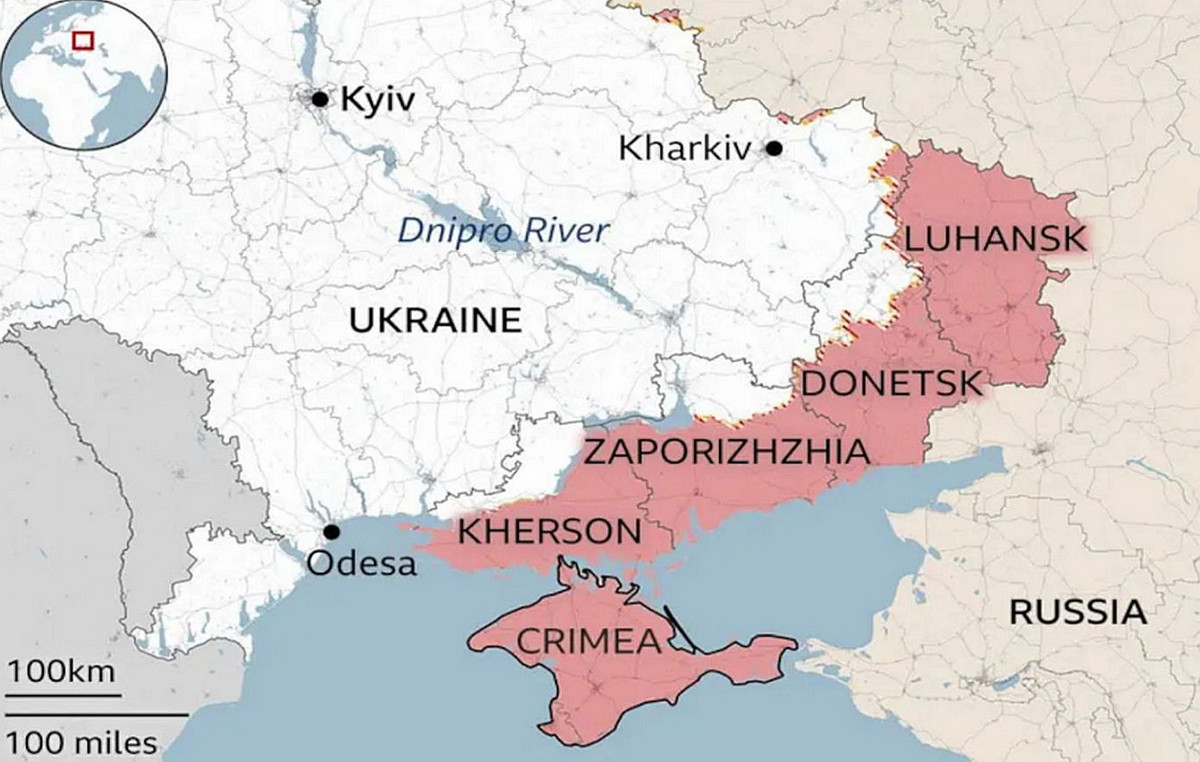The Council of Ministers approved it outline of the Budget Law. The economic maneuver confirms the cut in the tax wedge and maintains the Irpef at three rates. The birth support and the 50% renovation bonus remain, some of which have been increased, only for first homes. There is no pension reform, but healthcare funds coming from the contribution of banking institutions and insurance companies are growing. This is a budget of around 30 billion for 2025, to which 35 billion will be added in 2026 and over 40 billion in 2027. Here are the measures of the budget that affect families.
Newborn card and measures for new parents
The government has chosen this as a new birth incentive measure: one thousand euros to the parents of newborns with ISEE up to 40 thousand. The measures for parental leave and the nursery bonus have been confirmed. The sums linked to the universal single allowance are excluded from the ISEE calculation and therefore appear to remain confirmed in its current form.
Poverty
The prepaid card “dedicated to you” for the purchase of food and basic necessities has been refinanced with an additional 500 million for 2025. Greater deductions arrive as the number of family members increases.
Work
Incentives for the hiring of young people and women in the South have been confirmed. Fringe benefits for new hires who agree to move beyond 100 kilometres. The maneuver confirms the cut in the wedge on salaries up to 35 thousand euros gross. That’s about 100 euros more net in your paycheck. There should be a gradual change in the rate until salaries reach 40 thousand euros gross.
House
Extension of the renovation bonus on the first home: it remains at 50% at least for the whole of 2025. The deduction is spread over 10 years. The hypothesis remains of updating the cadastral income of those buildings that have carried out renovations taking advantage of the Superbonus benefit.
Pensions
Richer, but fewer in number. This should happen to pensions. The measure improves the system for adjusting pensions to inflation: 100% adjustment of the inflation rate for pensions amounting to up to four times the minimum salary, 90% for pensions amounting to between four and five times the minimum and 75% for pensions of a higher amount. Bonuses confirmed for those who postpone retirement. The extraordinary early retirement channels remain: Quota 103, Social Ape, Women’s Option.
Healthcare
Funds amounting to 3.5 billion euros are invested in healthcare, coming from a contribution from banks and insurance companies. Deputy Prime Minister and Foreign Minister Antonio Tajani explained: «There will be no tax, extra profits do not exist, it is a demagogic concept, which dictatorial regimes like, Maduro or the Soviet Union may like it. There will be an agreement with the credit institutions to find a solution that allows the State to have liquidity.”
Cuts to ministries and public contracts
No cuts to health spending, but the other ministries do, in the order of 5%. Corriere della Sera explains: «According to the new EU rules, public spending in Italy will not be able to rise more than 1.5% in nominal terms in the coming years: considering expected inflation, it means that it will have to remain stable in real terms . This is why the Minister of Economy, Giancarlo Giorgetti, with the support of Palazzo Chigi, has asked the ministries for sacrifices of around 3 billion in 2025 to strengthen the spending review measures already planned”.
Source: Vanity Fair
I’m Susan Karen, a professional writer and editor at World Stock Market. I specialize in Entertainment news, writing stories that keep readers informed on all the latest developments in the industry. With over five years of experience in creating engaging content and copywriting for various media outlets, I have grown to become an invaluable asset to any team.







